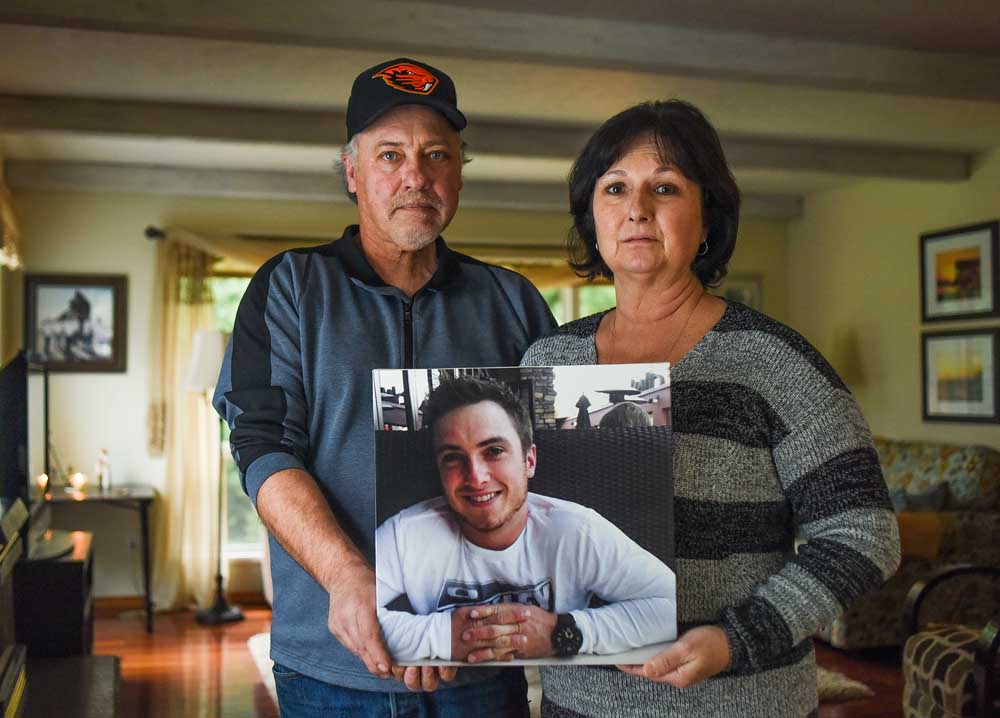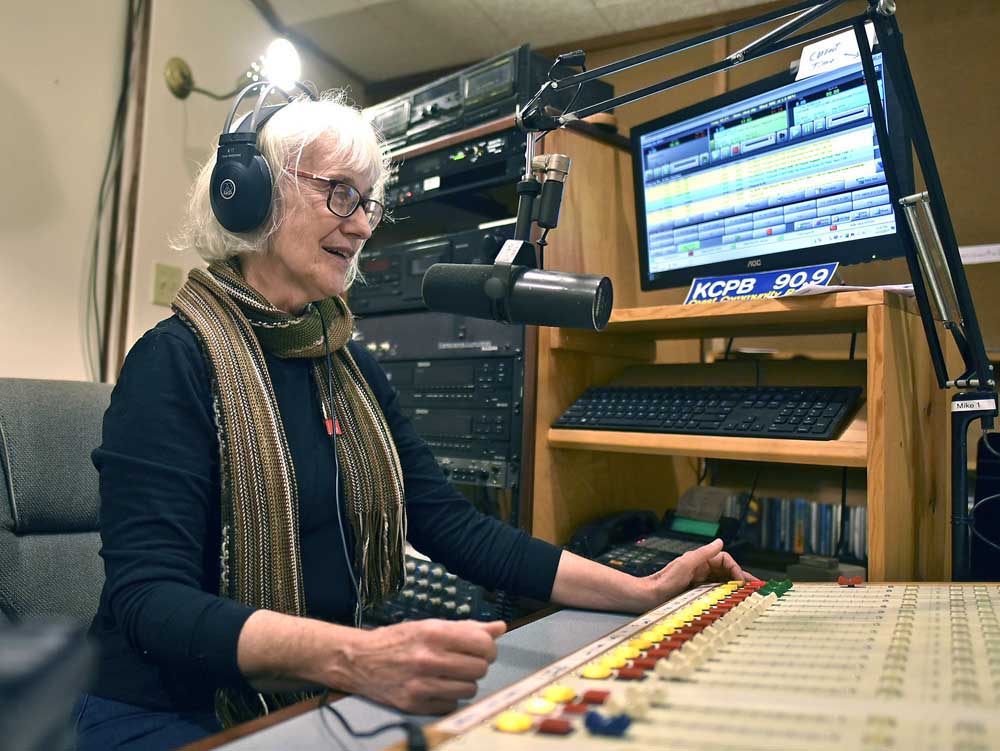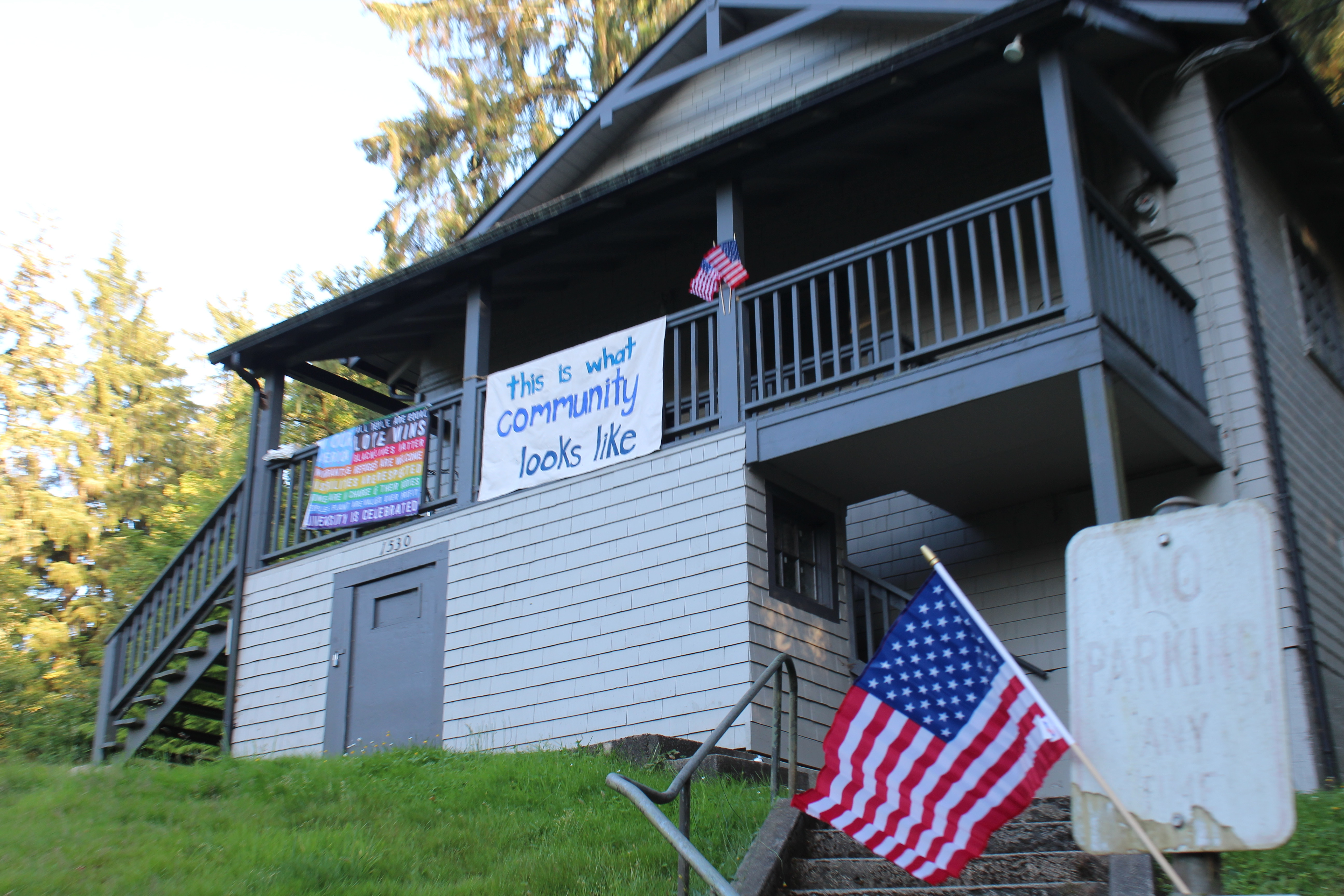Jordan’s Hope for Recovery to dissolve
Published 5:30 pm Thursday, January 16, 2020

- Dave and Kerry Strickland hold a photograph of their son, Jordan, in their home in Knappa. Jordan died in Los Angeles in 2015 from a heroin overdose.
Jordan’s Hope for Recovery, a local nonprofit that provides support for people dealing with drug addiction, will dissolve by the end of January.
Trending
Kerry Strickland started the organization in 2016, after her son, Jordan, died from a heroin overdose in Los Angeles in 2015. The nonprofit grew into a source of education and outreach in Clatsop County and received statewide recognition.
“We want to thank the many volunteers, partners and donors who have helped us perform the important work we have done over the past four years,” Strickland said in a statement. “Together we have worked to help those who struggle with substance use disorders and their families, connecting people to resources, providing lifesaving naloxone and encouraging HOPE.
“I personally want to thank the many wonderful people who worked diligently with me to honor the memory of my son Jordan by helping others. It has been an emotional and rewarding journey and I know that together we have made a difference. For those who are still struggling please reach out for help and know that you are never alone.”
Trending
Jordan’s Hope collaborated with the county’s public health department to launch a needle exchange program in 2017.
The nonprofit distributes naloxone to help save people from overdoses, and the public health department provides needle exchange to help prevent the spread of disease.
Michael McNickle, the county’s public health director, said the harm reduction program has saved lives. They have distributed 586 naloxone kits, which have saved 91 people from overdose.
The county will continue to provide naloxone training and distribution.
“It won’t be easy, but we will continue to serve those suffering from addiction. Because of the shame and stigma associated with drug use, these people often suffer in shadows. Public health will work to improve the health of these people with the same level of compassion and care that Kerry did,” McNickle said in an email.
McNickle said Strickland was able to show that addiction affects everyday people. He believes every time she tells her son’s story, it breaks down the stereotypes associated with addiction and creates more understanding around the issue.
“We’ve had over 40 people go to recovery and they thank us for that,” he said.
“Those folk were going to use drugs regardless. What we’re trying to do is give them an opportunity, to meet them where they are and give them a way to get out and into recovery. And, in the meantime, try not to get a communicable disease by sharing needles, and saving yourself or one of the people you inject drugs with by doing naloxone distribution.”









